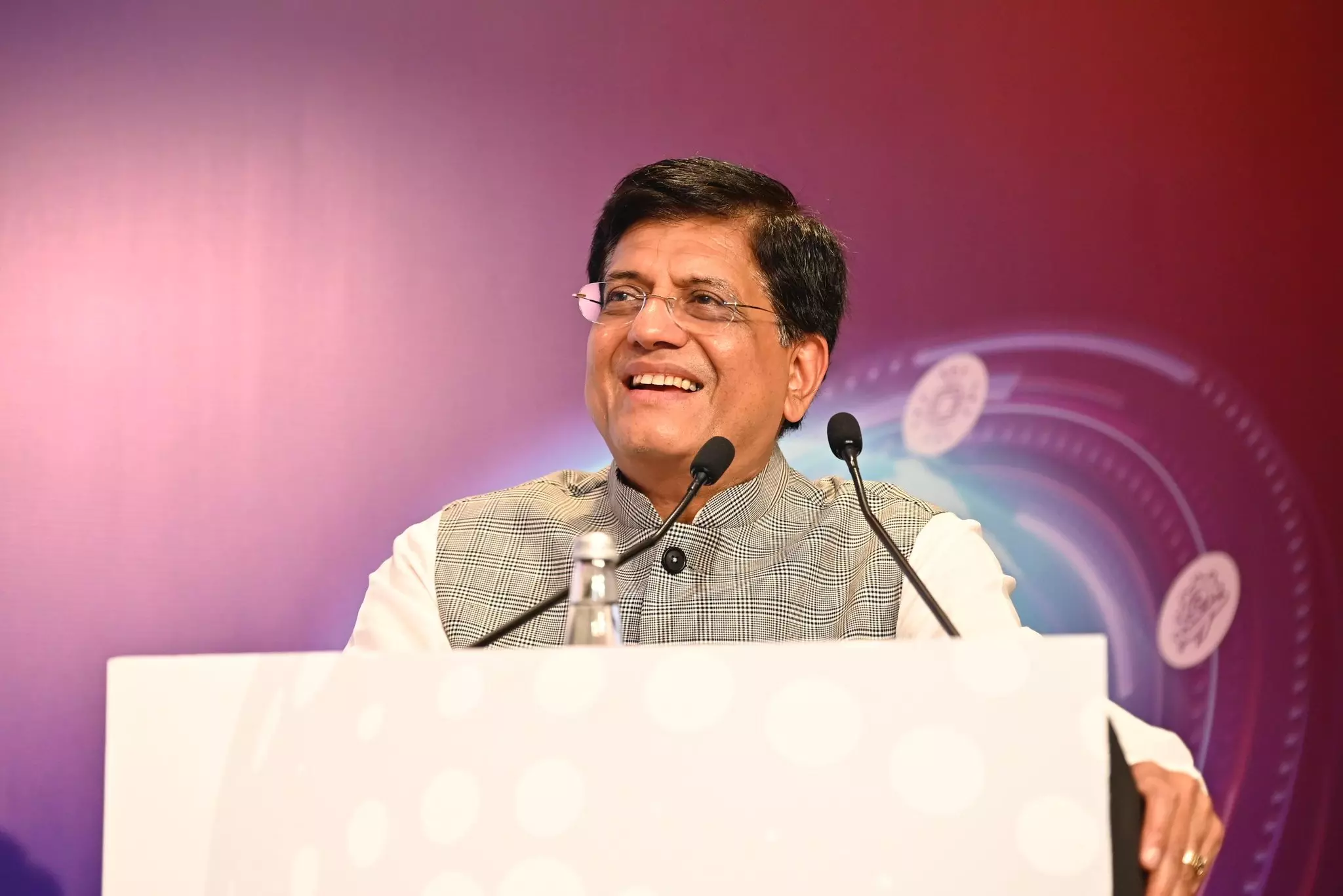In a significant ruling on the powers of a Governor, the Supreme Court on Tuesday set aside Tamil Nadu Governor R N Ravi’s decision to withhold assent to 10 pending Bills, terming it illegal and erroneous in law.
The decision has a bearing on the Governor’s role in Opposition-ruled states, which share a politically fraught relationship with the Centre.
A similar case questioning delay by the Kerala Governor in granting assent to Bills is currently pending before the Supreme Court.
What does the Constitution say about the Governor’s role in giving assent to Bills passed by the state legislature?
Article 163 of the Constitution deals with the powers of the Governor generally. Article 200 specifically deals with the issue of granting assent to Bills. Both provisions are read together to determine the contours of the Governor’s power on this issue.
When a Bill passed by the legislature of a state is presented to the Governor, the Governor has four options: (1) grant assent to the Bill; (2) withhold assent to the Bill; (3) return the Bill for reconsideration; or (4) reserve the Bill for the consideration of the President.
Article 200 reads: “When a Bill has been passed by the Legislative Assembly of a State or, in the case of a State having a Legislative Council, has been passed by both Houses… it shall be presented to the Governor and the Governor shall declare either that he assents to the Bill or that he withholds assent therefrom or that he reserves the Bill for the consideration of the President.”
However, the Article has a key proviso.
It says that the Governor “may, as soon as possible”, return Bills other than money Bills, with a message requesting that the House reconsider it in parts or in whole. If the Legislative House after reconsidering the Bill sends it to the Governor once again, the Governor “shall not withhold assent therefrom”.
Story continues below this ad
The tug-of-war between the government and the Governor in Opposition-ruled states essentially lies in the wordplay in the proviso. While the Governor must return the Bill “as soon as possible”, no timeframe is specified. Raj Bhavans have exploited this ambiguity to sit on Bills indefinitely without returning them to the state legislature.
But can a Governor in practice actually sit on a Bill forever?
An indefinite timeline in deciding on Bills can in effect, amount to paralysing the elected government. This was essentially the Tamil Nadu government’s argument — that the Governor virtually exercises a “pocket veto” by delaying his decision on granting assent.
The Governor argued that he was exercising his discretionary powers in giving assent to Bills. However, this discretion cannot be used arbitrarily or based on a personal preference, but only in constitutional terms with cogent reasons.
Story continues below this ad
Additionally, Article 200 uses the word “shall” which indicates that the framers of the Constitution intended a mandatory tone for the Governor on this aspect.
What had the Supreme Court said on this issue earlier?
- In its landmark 2016 ruling in the Arunachal Pradesh Assembly case (Nabam Rebia and Bamang Felix vs Deputy Speaker), the Supreme Court had discussed this aspect briefly.
“Of course, the Governor cannot withhold assent to a Bill indefinitely but must return it to the Assembly with a message, and this could include his recommendation for amendments to the Bill,” the Supreme Court had said.
“This is the subject matter of Rule 102 and Rule 103 of the Rules which read as follows: “102 (1) When a Bill passed by the Assembly is returned to the Assembly by the Governor with a message requesting that the Assembly do reconsider the Bill or any specified provisions thereof or any such amendments as are recommended in his message, the Speaker shall read the message of the Governor in the Assembly if in session, or if the Assembly is not in session, direct that it may be circulated for the information of the members,” the court said.
n In 2023, in The State Of Punjab vs Principal Secretary To The Governor, the Supreme Court heard a dispute between the Aam Aadmi Party-led government in Punjab and then Governor Banwarilal Purohit.
Story continues below this ad
The state government moved the court against the Governor after he “withheld” his approval to certain Bills on the ground that two sessions of the Assembly were “patently illegal”.
The Speaker, as per Vidhan Sabha Rules, had reconvened the sitting of the Legislative Assembly after it was adjourned sine die without prorogation.
“The Governor, as an unelected Head of the State, is entrusted with certain constitutional powers. However, this power cannot be used to thwart the normal course of lawmaking by the State Legislatures. Consequently, if the Governor decides to withhold assent under the substantive part of Article 200, the logical course of action is to pursue the course indicated in the first proviso of remitting the Bill to the state legislature for reconsideration,” the Supreme Court said, ruling in favour of the state government.
And what did the court say in the Tamil Nadu decision on Tuesday?
Tuesday’s decision by the Supreme Court relied on the 2023 ruling but went a step further.
Story continues below this ad
- First, it prescribed a time limit for the Governor to exercise his powers under Article 200.
“As a general rule, it is not open for the Governor to reserve a Bill for the consideration of the President once it is presented before him in the second round after having been returned to the House previously as per the first provision… The only exception to this general rule is when the Bill presented in the second round is different from the one presented to the Governor in the first instance,” the Bench said.
“In case of reservation of Bills for the consideration of the President, contrary to the advice of the state Council of Ministers, the Governor shall make such reservation within a maximum period of three months… In case of presentation of a Bill after reconsideration in accordance with the first proviso (of Article 200), the Governor must grant assent forthwith subject to a maximum period of one month,” it said.
- The ruling is also significant because the court exercised powers under Article 142 of the Constitution and declared the 10 Bills as having received assent given “the unduly long period of time for which these Bills were kept pending by the Governor before the ultimate declaration of withholding of assent and in view of the scant respect shown by the Governor” to the court’s decision in similar matters earlier.
Article 142 provides a unique power to the Supreme Court — to do “complete justice” between the parties where, at times, the law or statute may not provide a remedy. In those situations, the court can extend itself to put an end to a dispute in a manner that would fit the facts of the case.
What happens now to similar cases by other states?
Both the 2023 ruling and the current ruling will have a bearing on how similar cases are decided.
Story continues below this ad
- Kerala, in its plea, had argued that three Bills have been pending with (former) Governor Arif Mohammad Khan for more than two years, and three Bills for more than a year.
A PIL on this issue in the Kerala High Court had made the state government a respondent, but the High Court refused to intervene, prompting the state to move the Supreme Court. This case is pending before another two-judge Bench of the Supreme Court.
- Telangana has argued that more than 10 key Bills are pending with (former) Governor Tamilisai Soundararajan, and that seven of those Bills were passed by the Assembly and sent for the Governor’s assent in September 2022.






















































